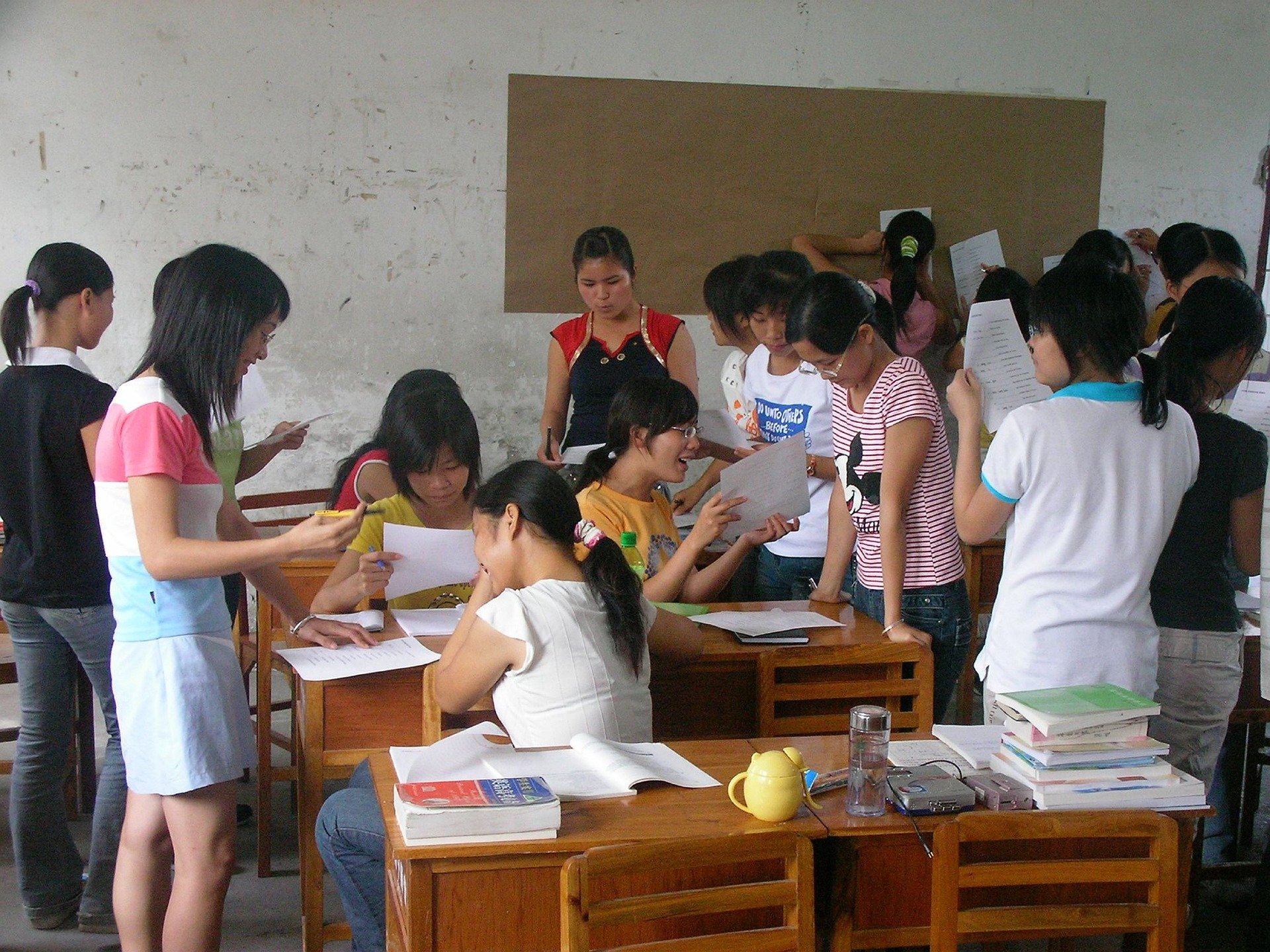Why is Educating Girls important?
Ensuring that all girls and young women
have access to quality education is a human right and a global development
priority. The level of education of girls is higher than that of girls in
school. This also applies to girls who are learning and feel safe in school.
They have the opportunity to complete all levels of education and acquire the
knowledge and skills that will make them competitive in the skilled market. They
acquire the socio-emotional and life skills needed to navigate and adapt to a
changing world. They are able to take decisions about their life and contribute
to the community effectively.
Girls also have the right to education. In
today's world, the importance of education is very important for everyone,
regardless of gender. However, the importance of education for girls has huge
health and safety benefits. Teach girls how to build strong families and let
girls decide what's wrong or right for them. Education must begin at an early
age. Therefore, the importance of girls' education plays an important role.
Girls' education benefits both individuals
and countries. More educated women are more knowledgeable about nutrition and
health, have fewer children, marry later, and tend to have healthier children
when they decide to become mothers. They are more likely to participate in the
formal skilled market and earn higher incomes.
The Challenges Faced
The UNESCO Challenge estimates that 129
million girls worldwide are out of school, including 32 million in primary
schools and 97 million in secondary schools. Gender bias in schools and
classrooms can also reinforce messages that influence girls' aspirations and
perceptions of their role in society, leading to inequalities in the labour
market participation and occupational segregation. When gender stereotypes are
transmitted through the design of school and classroom environments, or through
the behaviour of teachers, staff and peers in children's schools, they will
have long-term consequences for academic achievement and subject choice.
Specially for young women studying negative sciences, engineering, engineering
and mathematics (STEM).
Poverty
is one of the most important factors in determining whether a girl can access
and complete an education. Research consistently confirms that girls who face
many disadvantages, such as low family income, living in remote or
underdeveloped areas, with disabilities or ethnic languages, are more likely to
fall behind in getting and completing their education.
Educated women are more talented and can
work in any field. Everywhere on the planet, the importance of educating girls
for the growth of nations and a better future needs to be recognized.
The Constitution of India grants men and
women six fundamental rights. According to Article 21a of the Constitution,
every child has the right to a basic education, regardless of caste, creed or
gender. The fundamental right and duty of the State is to provide them with
basic education. Simply put, this means that the education of women is just as
important as the education of men. Women also have the right to education. It
is shown that women are less likely than men to work at work due to lack of
education. But raising girls can close that gap and enable women to work
alongside men in all areas.
Self-reliance education is very important
for women because it allows them to rely on themselves and reduces the need to
rely on third parties for the survival of themselves and their families. Today,
the economic independence of women is essential. This allows you to achieve
your goals in accordance with their needs and standards, and without depending
on others. Financially independent women can speak out against the old social
customs and injustices that permeate our society.
Government action to educate girls:
The Government of India has launched many
programs and policies to ensure that girls do not miss out on an opportunity to
get an education. After emancipation in 1958, the National Committee on Women's
Education was formed, which recommended that girls receive the same education
as boys. The Board of Education, established in 1964, was primarily concerned
with the education of girls.
The government's recent new education
policy (NEP) specifically aims to improve women's literacy and ensure access to
quality education. In addition, our government has launched several programs to
develop the education of girls in the country. Some plans include:
Beti Bachao Beti Padhao
Ladli Scheme of Haryana
Sukanya Samriddhi Yojana
Balika Samriddhi Yojana
Karnataka Bhagyashree Scheme
CBSE Udaan Scheme
Dhanalakshmi Scheme
